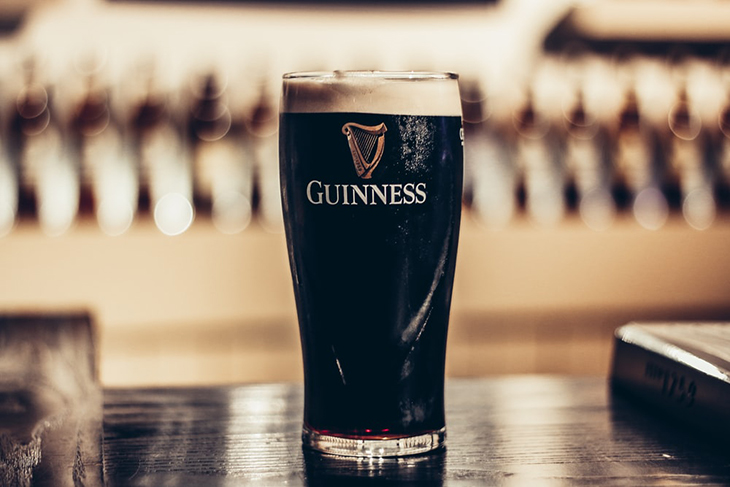
Like tons of other multinational companies, the Irish brewery Guinness has decided to go green. In order to become more sustainable, they are launching an agricultural program.
For this pilot regenerative agriculture project, the company has already tapped into 40 Irish farms to join them in this initiative. The idea is to work with the natural environment in order to put back more than they happen to take out. Moreover, they already have soil management and crop production experts joining their project.
The idea of the initiative is to lessen the carbon emissions of its barley production, which is a key ingredient for every pint of Guinness beer.]
As for the regenerative agriculture project, the key goals are to improve soil health and its carbon sequestration potential. What this means is that the soil will be able to store carbon before it becomes carbon dioxide gas, which then enhances its biodiversity – ‘the natural soil fertilization, nutrient recycling, erosion control, and crop/tree pollination that keeps the ecosystem healthy.’
In addition, this project will also lessen the number of synthetic fertilizers that will be used during the process, which tend to hurt the environment by killing the good or beneficial bacteria in the soil. These synthetic fertilizers are also known to contaminate the nearby plant life and water supplies that both people and animals eat and drink. The project will also improve water quality, which will result in healthier crops and a healthier environment.
Moreover, it may also help enhance the livelihoods of farmers, leading to better quality of life while boosting the economy at the same time.
The hope is that this new program will also expand to more farms in Ireland, and even outside of Ireland.
President of Diageo Europe, the company that owns Guinness brand, John Kennedy, said in a statement, “We will openly share the results from the pilot program so that other farms can learn and adopt practices that have demonstrated the highest potential impact from an environmental and farm profitability standpoint. Like the Irish farming community, we are ‘all in’ for the long haul – for our people, products, partners and planet.”
He also shared that the Guinness brewery, which is located at St. James Gate, has been operating for an impressive 263 years, but it actually has a 9,000-year lease. He added that the stout maker “will never settle in pursuit of a more sustainable future.”
Going Green
Guinness isn’t the only beer maker that has been looking into how they can successfully lessen their carbon footprint. Others are looking into how they can make changes through their packing, distribution, as well as through their supply chain, which is truly where they can make advantageous changes when it comes to their sustainability goals.
According to their industry consultant, Decarbonate, they estimate that almost half of the carbon footprint of beer drinking is mostly due to their storage and service, more so in venues such as restaurants and bars where temperature is incredibly important.
Even the Belgium-based brewing company of Budweiser and Corona, Anheuser-Busch, made their own goals towards sustainability back in 2018, which they hope to fulfil by 2025.
Their “green” goals include making their packaging 100% from either returnable or from a majority of recycled content, buying 100% of its electricity from renewable resources, and also cutting down their CO2 emissions by at least 25% throughout its value chain. Even Nikola – the electric-vehicle maker – partnered with Bud during this year’s Super Bowl on a hydrogen-powered beer run.
What are your thoughts? Please comment below and share this news!
True Activist / Report a typo


